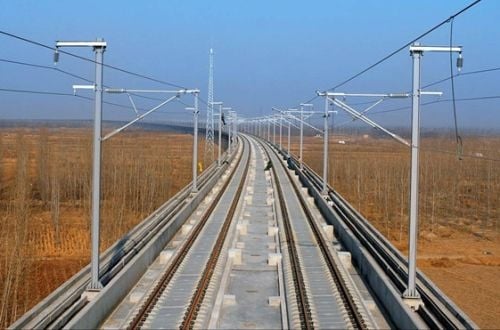Previously the Thai government has proposed creating a special purpose vehicle to invest in the project, in which China would hold a 60% stake, but this was rejected by the Chinese government. Thailand had also sought an interest rate cap of 2% on Chinese loans, but China was reportedly unwilling to meet this demand.
With the two sides deadlocked after several months of talks, Thai prime minister Mr Prayut Chan-o-cha announced on March 23 that the leaders of the two countries had agreed to adopt an alternative financing structure. Chinese companies will still build and equip the line, although it is unclear how the decision to abandon the joint venture proposal will affect the timetable for construction.
The initial phase of the line from Nakhon Ratchasima to Bangkok will ultimately form part of an 873km double-track standard-gauge line stretching from the Laotian border near Nhong Khai to Rayong on the Gulf of Thailand. China estimates the costs of the project will be around Baht 560bn ($US 15.9bn).

